Real Life Heroes – Roger Cabiles
Being a humanitarian worker is more than a career choice. Most of the time, it involves having a shared sentiment that anyone and everyone can help others in many different ways.
Roger Cabiles, our Head of Project and Consortium Manager for the MOVE UP Mindanao project, shares a similar perspective as he talked about the value of paying it forward.
We sat down with Roger and asked him a few questions about his role as a project implementor, team leader, and inspirational real-life hero.
What is your role in Action Against Hunger?
I ensure that the [MOVE UP 4] activities are implemented and managed well in our project areas to ensure a positive impact on the communities and the people we serve. I also lead the coordination between our consortium partners and stakeholders to ensure that we work on the same goals, we complement each other’s strengths and we provide necessary support and assistance when needed.
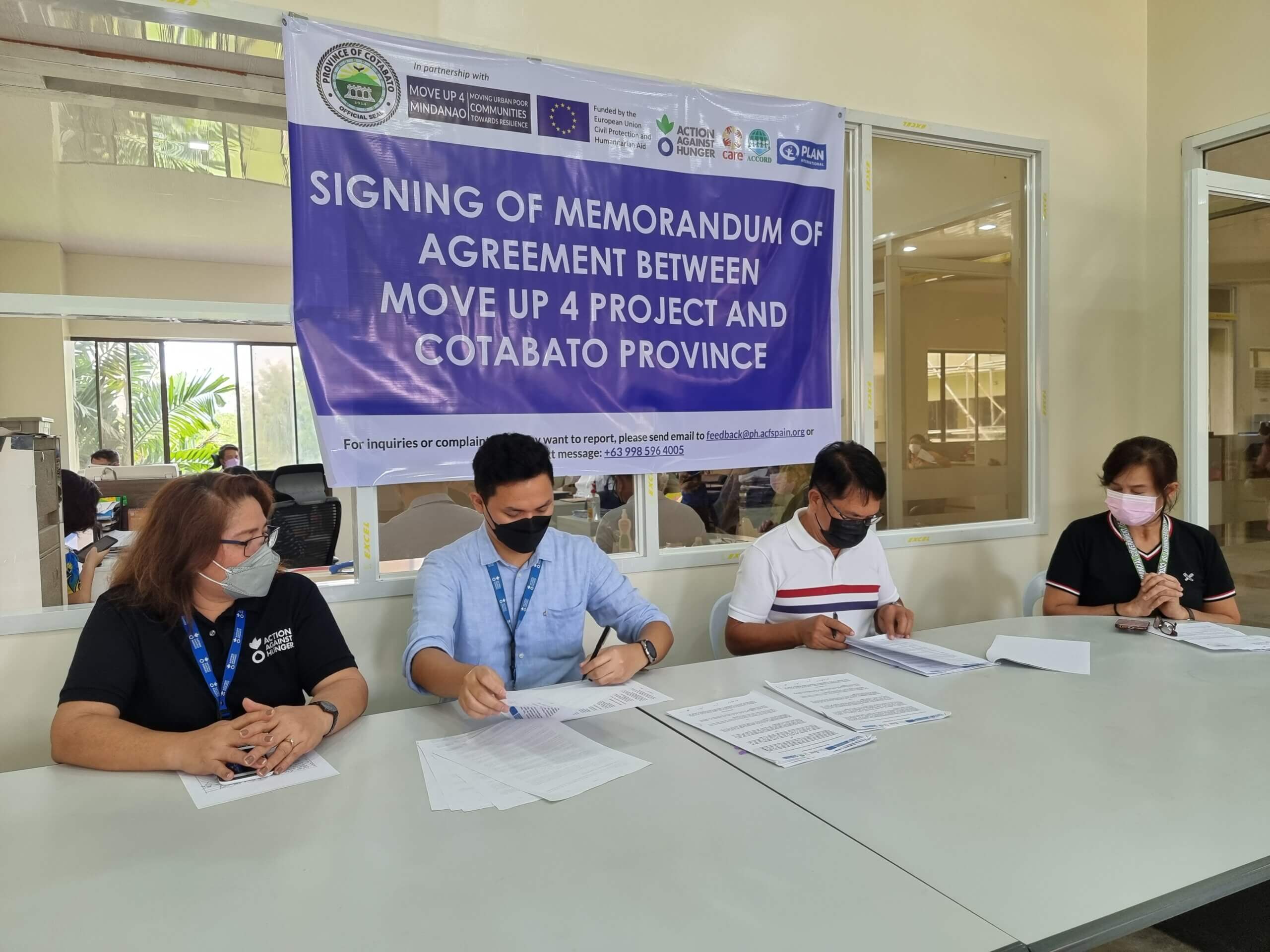
Roger Cabiles (second from the left) represents the MOVE UP 4 consortium as he signs the agreement with the local government of Cotabato Province on July 15, 2021. (Photo by MOVE UP 4 for Action Against Hunger)
How long have you been working as a humanitarian worker?
Almost a decade—from an indigenous peoples’ community in Pampanga to Typhoon Haiyan Response in Tacloban City with DSWD, then to post-conflict rehabilitation in Bangsamoro with FAO UN and now urban resilience with MOVE UP in Mindanao.
What motivated you to become a humanitarian worker?
A belief that everyone deserves a dignified life and a just society.
Why are you making this sacrifice?
I don’t really see it as a sacrifice but a shared responsibility. When someone sees poverty, inequality, and oppression, there should be no second thoughts about taking action. As for me, I know that my strengths are in managing and implementing development projects so I feel that this is my contribution to making the world a better place. Everyone has a stake in this so everyone should do their part, no matter what profession, no matter what work they do.
What have been the challenges to your work?
There are times you get overwhelmed with all that’s happening in the world and you feel you can’t do anything about it.
What motivates you to keep doing your work even with these challenges?
It is ironic that this feeling of being overwhelmed is also a motivation and a push for me. There’s a lot of work to be done and one should breathe, relax and get back to work.
“When someone sees poverty, inequality, and oppression, there should be no second thoughts about taking action. Everyone has a stake in this so everyone should do their part, no matter what profession, no matter what work they do.” – Roger Cabiles, MOVE UP 4
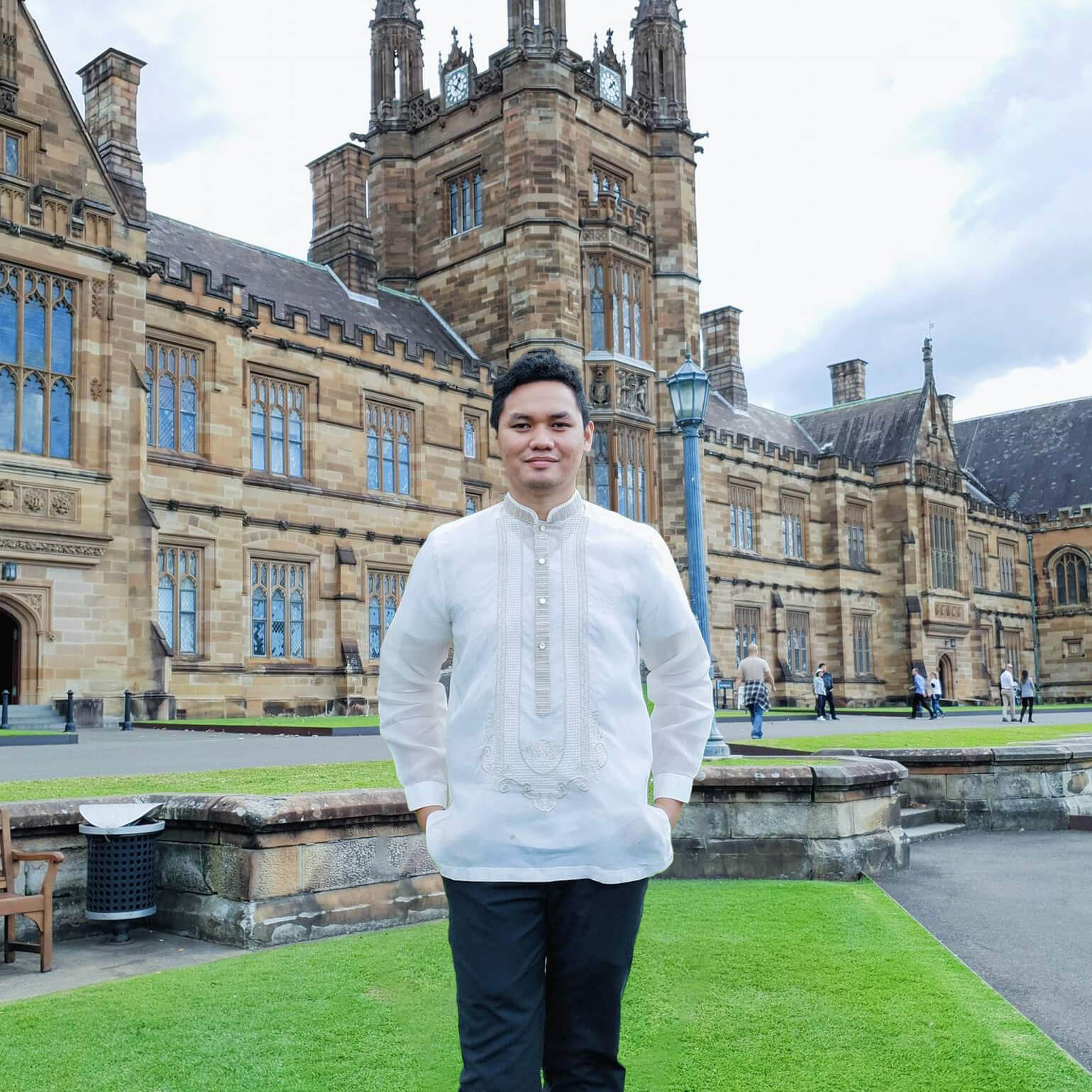
Photo courtesy of Roger Cabiles
What are you most proud of?
I am proud when I become dispensable to a project. It means I have done my job— mentored my team well and made it more about the communities and less of us and the project. That is the measure of success for a development project—community ownership and sustaining the gains even after the project timeframe. Empowerment and sustainability are things that I am very proud of.
What climate change impact have you witnessed?
Oceans are getting warmer and warmer and typhoons are getting stronger and stronger. I have worked in post-Haiyan rehabilitation and I’ve seen its devastating impact. This will be the new normal.
How are you taking action against climate change?
Being conscious of the impact of your lifestyle and your actions on the environment as well as on vulnerable communities. But more than personal responsibility, demanding more from the private sector and the government on concrete and tangible ways to address climate change and its impact on communities especially the vulnerable ones.
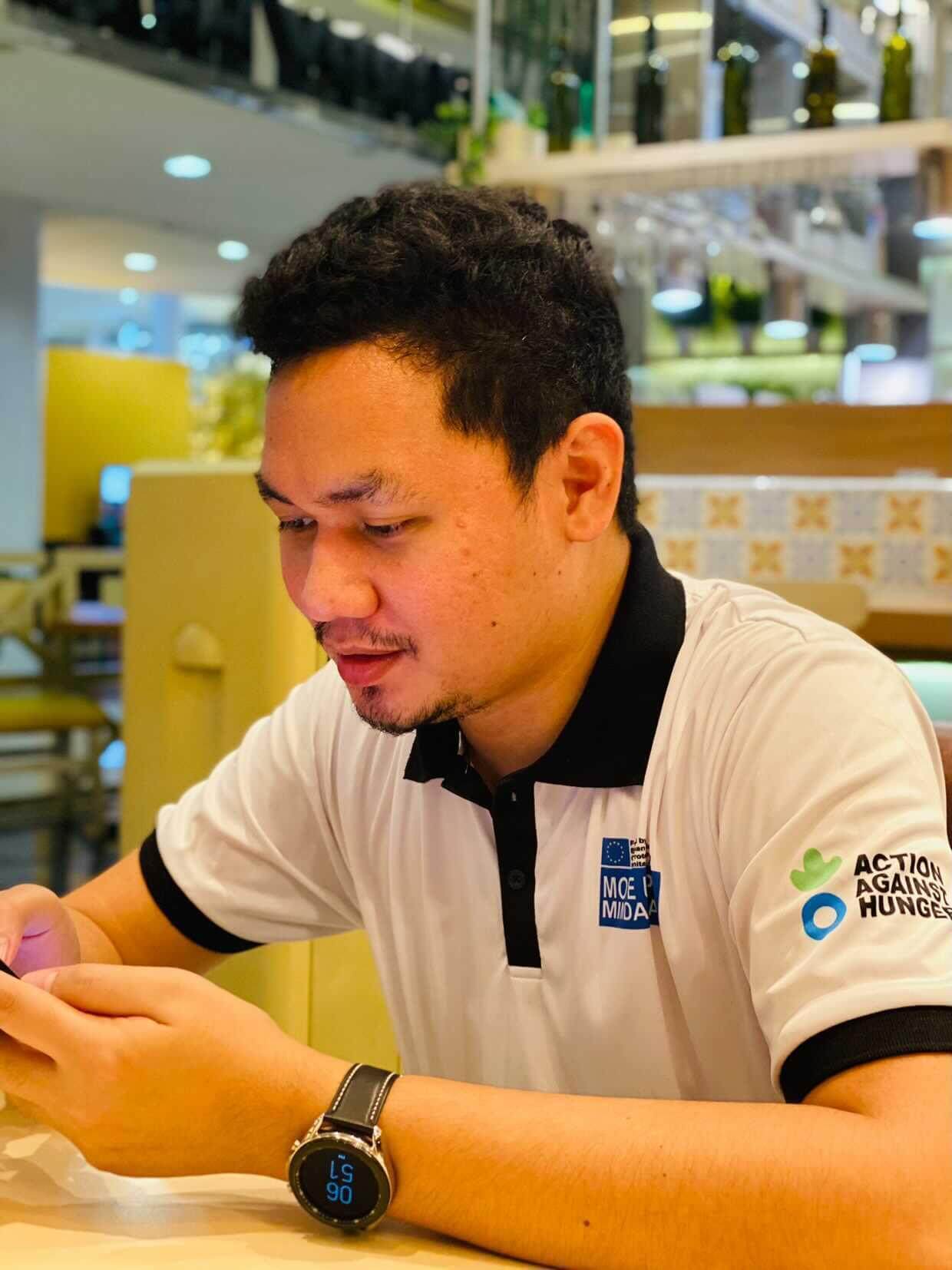
Photo courtesy of Roger Cabiles
Moving Urban Poor Communities Toward Resilience (MOVE UP 4) is an urban disaster risk reduction (DRR) project which aims to build resilience among urban poor communities in Mindanao. With funding from the European Union, MOVE UP 4—also known as MOVE UP Mindanao—is implemented by a consortium of partners consisting of Action Against Hunger Philippines, Plan International Philippines, CARE Philippines, and their local partner ACCORD Incorporated.


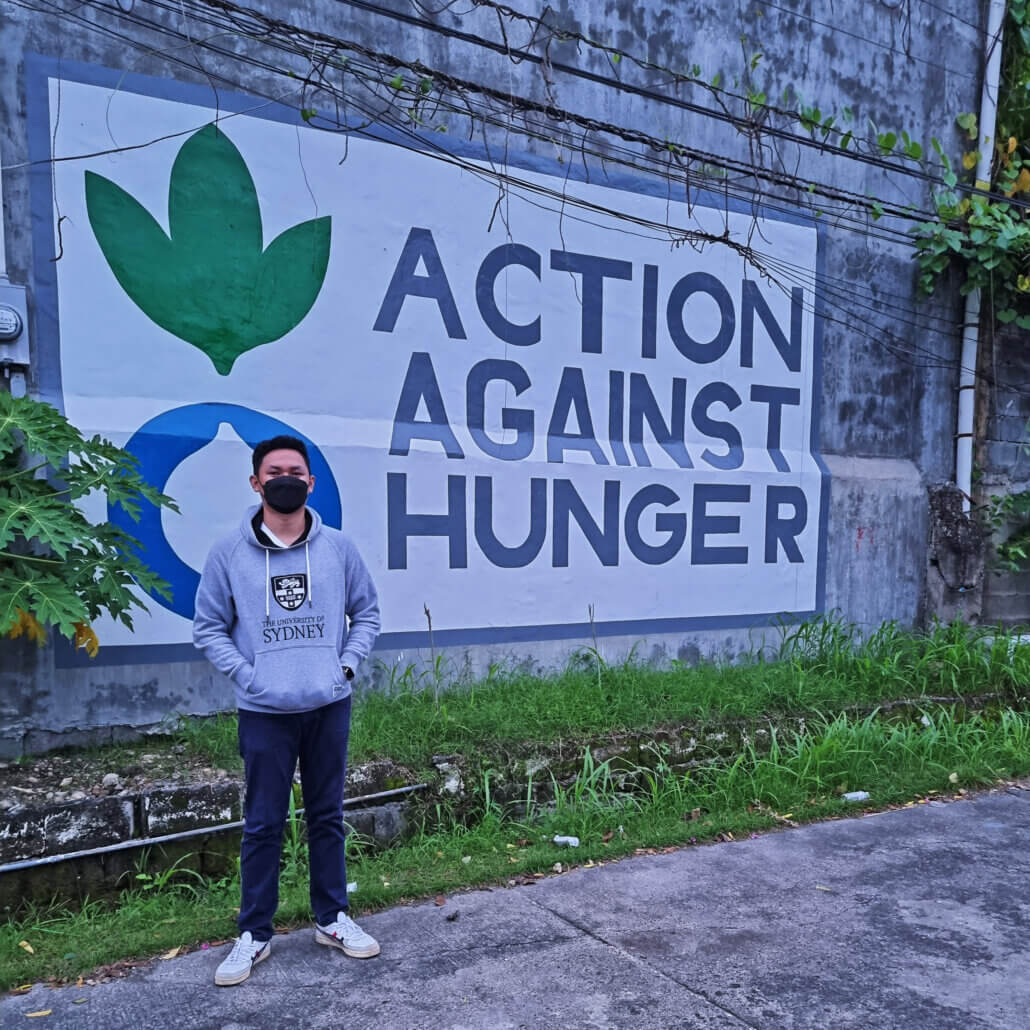
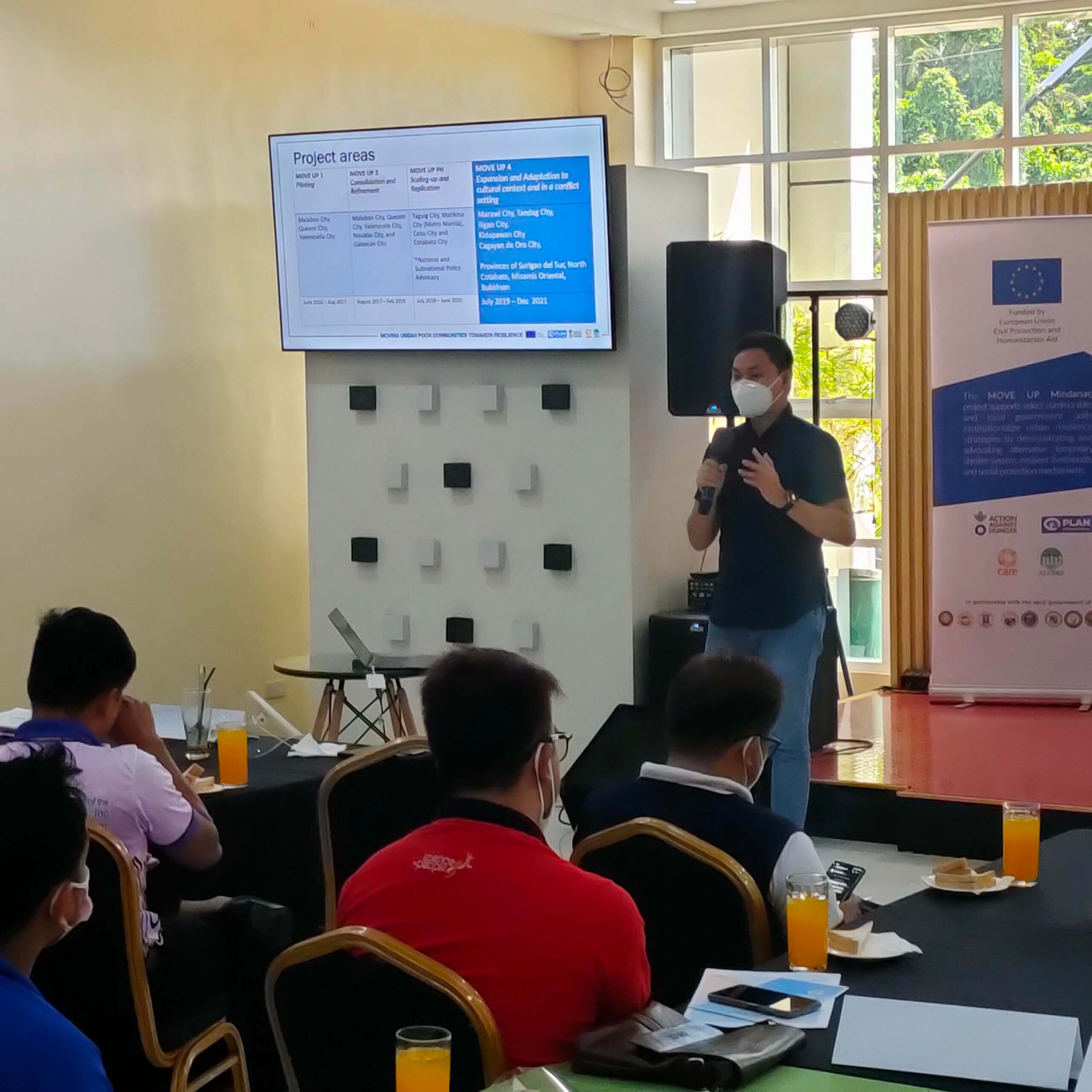
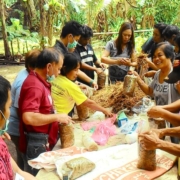
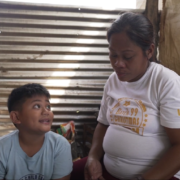
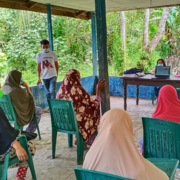
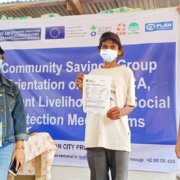

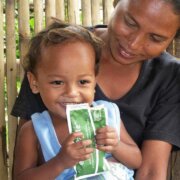
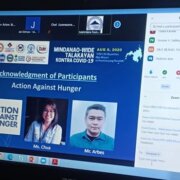
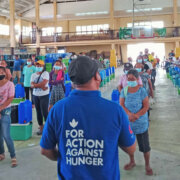

 Photo by Juhaina Ebus for Action Against Hunger
Photo by Juhaina Ebus for Action Against Hunger
Leave a Reply
Want to join the discussion?Feel free to contribute!